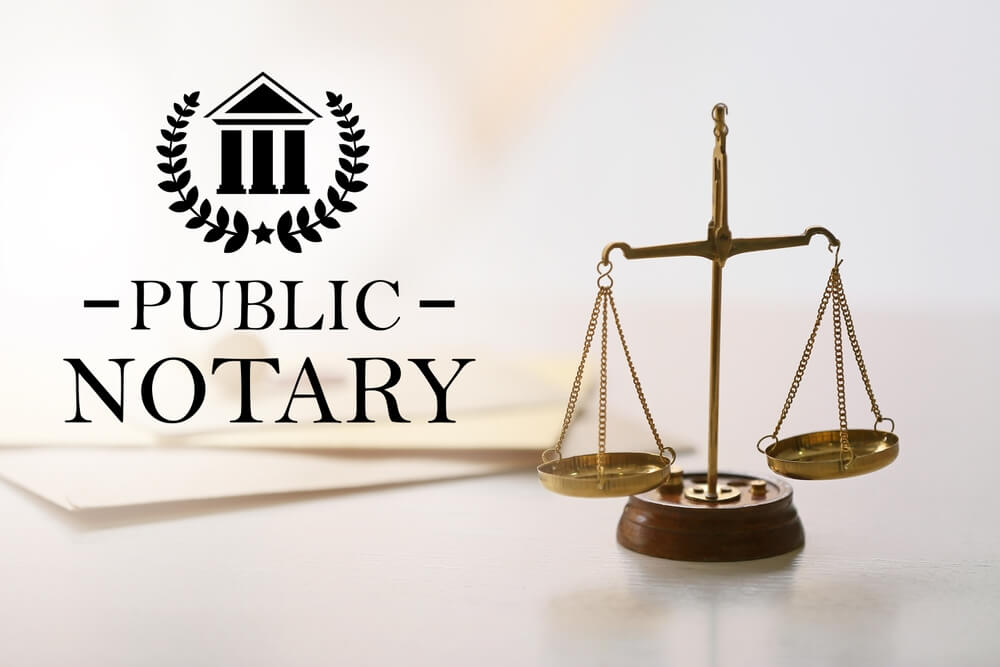DIRCO Laws Demystified: A Overview to Diplomatic Procedure
DIRCO Laws Demystified: A Overview to Diplomatic Procedure
Blog Article
Demystifying Notarial Job: Streamlining the Duty and Value of Notaries
In the intricate web of lawful paperwork and confirmation, notaries stand as pillars of assurance and credibility. Their function, usually shrouded in secret for lots of, lugs substantial weight in guaranteeing the credibility and integrity of vital files. As guardians of legitimacy and truth, notaries play a pivotal part in our culture, yet their job is not constantly completely understood. By deciphering the intricacies surrounding notarial methods and shedding light on the relevance of their acts, a clearer understanding emerges of the important function notaries play in upholding the fabric of lawful and contractual contracts.
The History of Notarial Work
How did notarial job evolve over time to end up being an indispensable component of legal and organization transactions? The history of notarial job days back to old people, where scribes played an essential duty in videotaping crucial information and verifying documents. As cultures advanced, the demand for a much more formalized system to guarantee the legitimacy of contracts arose. This caused the growth of notaries, individuals assigned by the state to serve as neutral witnesses in legal issues.
During the Center Ages, notaries gained importance in Europe, with their features increasing to include preparing legal records, certifying trademarks, and maintaining records. The surge of international trade further stressed the value of notarial work in confirming contracts and arrangements throughout borders.
In the contemporary period, notaries remain to play a crucial function in legal and company purchases by validating identifications, validating the credibility of records, and protecting against fraud. Their function in accrediting the credibility of agreements adds a layer of safety and count on to the ever-evolving landscape of business and law.

Tasks and Duties of Notaries
Notaries play a vital function in verifying the credibility of records and the identification of signatures. One of their key obligations is to witness the signing of vital files, such as acts, agreements, and wills, to guarantee that all parties are getting in right into arrangements purposefully and willingly.
They certify duplicates of initial records, providing assurance to institutions that the duplicates are true reproductions of the originals. In general, the duties and responsibilities of notaries are crucial in safeguarding the honesty and validity of different records and purchases - Apostille.
Notarial Certificates and Signatures
Exemplifying meticulous interest to information, notarial certificates and trademarks work as essential elements in verifying the credibility of lawful records. Notarial certifications commonly contain crucial details such as the day of registration, the names of the notaries, a description of the document, and the notary's main seal. These certifications offer a clear document of the notarial act, guaranteeing that the document can be conveniently identified and mapped back to the notary who supervised the process.
Trademarks play a crucial role in notarial job, as they signify the agreement and authorization of the celebrations entailed. Notaries carefully witness the signing of papers to confirm the identity of the signatories and verify that they are authorizing of their very own free will. By fastening their official seal and trademark to the record, notaries certify that the needed treatments have been followed which the file is enforceable and valid.
Fundamentally, notarial certificates and trademarks are the trademark of credibility in legal transactions, supplying guarantee to all events entailed that the records are reputable and binding.
Significance of Notarial Acts

Notarization Process Explained
The notarization procedure commonly starts with the specific providing the record to a notary public. As soon as the identification is verified, the notary makes sure that the private signing the document does so voluntarily and without any type of coercion.

Final Thought

Notarial certifications generally contain vital details such as the date of registration, the names of the signatures, a summary of the paper, and the notary's main seal. These certificates offer a clear document of the notarial act, ensuring that the file can be easily recognized and traced back to the notary who managed the procedure.
By affixing their main seal and signature to the record, notaries certify that the essential treatments have been followed and that the document is valid and enforceable.
By confirming the identification of the signatories, verifying their desire to get in into the arrangement, and certifying the day and area of the finalizing, notaries play an essential straight from the source function in upholding the legitimacy of lawful papers.After the paper is authorized, the notary will certainly affix their main seal or stamp onto the file.
Report this page